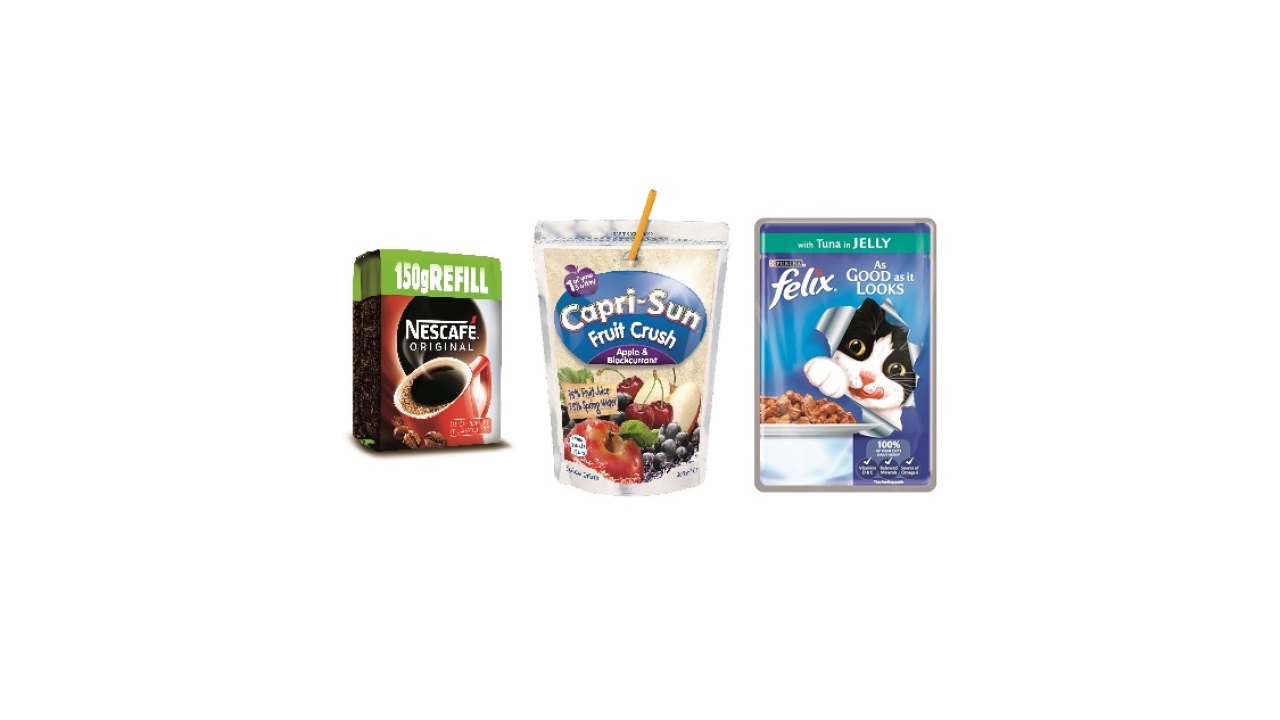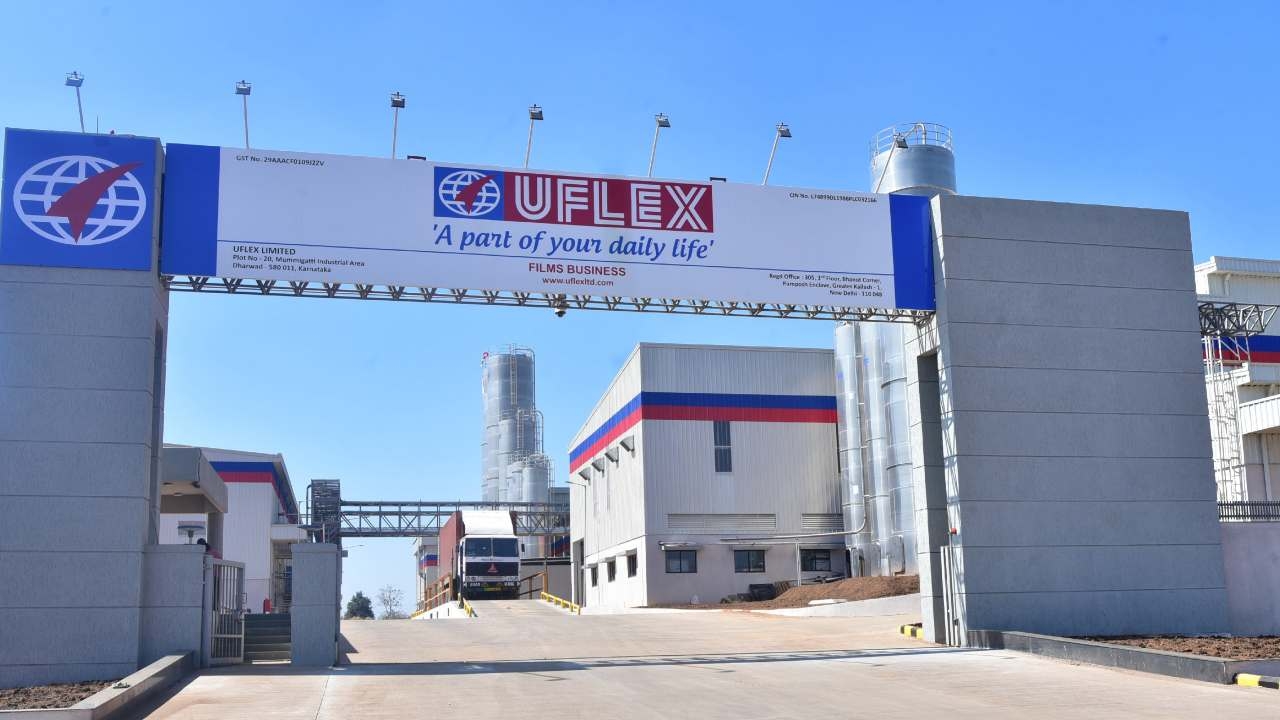Public-private partnership assessing feasibility of including flexible laminated packaging in existing household recycling schemes
A public-private partnership in the UK is working to assess the feasibility of including flexible laminated packaging, such as food and drink pouches, pet food pouches and toothpaste tubes, in existing household recycling schemes and recovering the aluminum from this packaging.

Led by Anthesis LRS, with almost 190,000 GBP (282.500 USD) of funding from UK government agency DEFRA’s Action Based Research program, the trials are intended to result in best practices to increase the amount of flexible laminated packaging collected and recycled in England.
Anthesis LRS provides technical and strategic consultancy services to help organizations improve their resource efficiency to meet their financial and sustainability goals. Following a scoping exercise in 2014, Anthesis LRS is managing and coordinating the trials, with cross-sector collaboration involving Suez Environnement, Enval, Coca-Cola and Nestlé UK & Ireland.
Having commenced in mid-February and scheduled to last for nine months, the trials are being supported by Bracknell Forest Council, Calderdale Council and the London Borough of Hounslow.
Up to 260 households in each local authority area have been provided with appropriate communications, a caddy and caddy bags to participate in kerbside collections for nine months.
Bracknell Forest participants were recruited through directly engaging members of its recycling incentive scheme, living in specific areas, by email and an online survey. Target material is being collected in the caddy bags from participating households on the same day as their fortnightly co-mingled recycling.
In Calderdale, households in Sowerby Bridge, near Halifax, were selected and given the option to opt out if they chose not to participate. Target material is being collected from participating households as part of its weekly kerbside-sorted recycling collections. A collection point has also been installed at the Sowerby Bridge Household Recycling Centre, providing access to participate for all Calderdale residents.
In the London Borough of Hounslow, households across Chiswick Riverside, Hounslow West, Syon, Heston West and Feltham West were engaged and encouraged to opt in to participate, using communication materials and door canvassing. Target material is being collected from participating households as part of its weekly kerbside-sorted recycling collections.
As a result, different methods of engaging with residents and collecting material at the kerbside are being tested, and the results of the trials will help determine best practices to increase the amount of flexible laminated packaging collected and recycled in England. The trials will also provide insight into how different communication approaches, consumer behaviour and brands influence collection models across different demographics and locations in London, Berkshire and Yorkshire.
Collections and initial sorting are being managed by Suez Environnement, a French-based utility company which operates largely in the water treatment and waste management sectors, while technology developer Enval will recycle the material at its demonstration facility at the Alconbury Enterprise Zone near Huntingdon. Enval’s technology will be used to treat the packaging collected, separating the plastic and aluminum.
Flexible laminate packaging has been widely adopted by FMCG companies to improve the product-to-pack weight ratio, and reduce the transport costs and environmental impact attributable to packaging. Its popularity is also driven by the functionality that aluminum provides as a barrier, protecting products from oxygen, moisture and light.
Anthesis LRS director Dee Moloney said: ‘Flexible laminated packaging, such as food, drink and pet food pouches, is becoming increasingly widespread and the global market is anticipated to continue to grow year on year.
‘Therefore, if these trials prove that viable collection, sorting and recycling schemes can be implemented, it will support the increased flow of materials into the secondary markets, establishing another step towards a more circular economy in the UK.’
Enval stated that the UK uses more than 160,000 tonnes of flexible laminate packaging each year, containing more than 17,000 tonnes of aluminum, and added that with a viable recycling option a substantial commercial opportunity is presented, with a potential revenue stream of approximately 200 million GBP (297.9 million USD) a year in Europe from the sale of aluminum alone, according to Enval.
Enval managing director Dr Carlos Ludlow-Palafox said: ‘These trials are providing an important opportunity to prove that we can successfully capture and recycle the valuable aluminum, as well as recover the plastics as a fuel oil product. This will present a solid business case for Enval’s microwave-induced pyrolysis technology to be bolted on to existing materials facilities and help increase levels of recycling across the UK.’
Stuart Hayward-Higham, technical development director at the UK recycling and waste recovery division of Suez Environnement, added: ‘The outcome of the trials will enable project partners and other industry stakeholders to evaluate the potential to include flexible laminated packaging in mainstream recycling collections in the UK, which Suez Environnement is keen to explore.’
Dan Rogerson MP, the minister responsible for water, resource and environmental management, rural affairs and forestry within DEFRA, said the project is part of the UK Government’s wider approach to enabling businesses to be more sustainable.
‘I look forward to seeing the results of these innovative studies which could lead to us extracting more value from our resources, saving energy and supporting further growth in the UK’s recycling and remanufacturing industries,’ Rogerson said. ‘Together this will build a fairer society and stronger economy.’
For the brand owners collaborating with the project, consumer perception of packaging and its recycling options are important factors in the outcome of the trials.
Alison Ingle, group packaging manager at Nestlé UK & Ireland, said: ‘Flexible laminated packaging is important to help protect our products and we are keen to support innovation to increase its recycling. In this role, we are helping to communicate to the public what can be recycled, using some of our brands which use laminated packaging, like Nescafé and Felix. We hope our brands can help influence the public’s perception of recycling and encourage positive behaviour.’
Giustina Diana, recycling manager for Great Britain at Coca-Cola Enterprises, said: ‘We are always keen to support initiatives that provide sustainable solutions for the packaging from our products.
‘We are keen that our Capri-Sun brand supports the trials and helps people to identify the very specific types of packaging they are being asked to recycle.’
Stay up to date
Subscribe to the free Label News newsletter and receive the latest content every week. We'll never share your email address.


